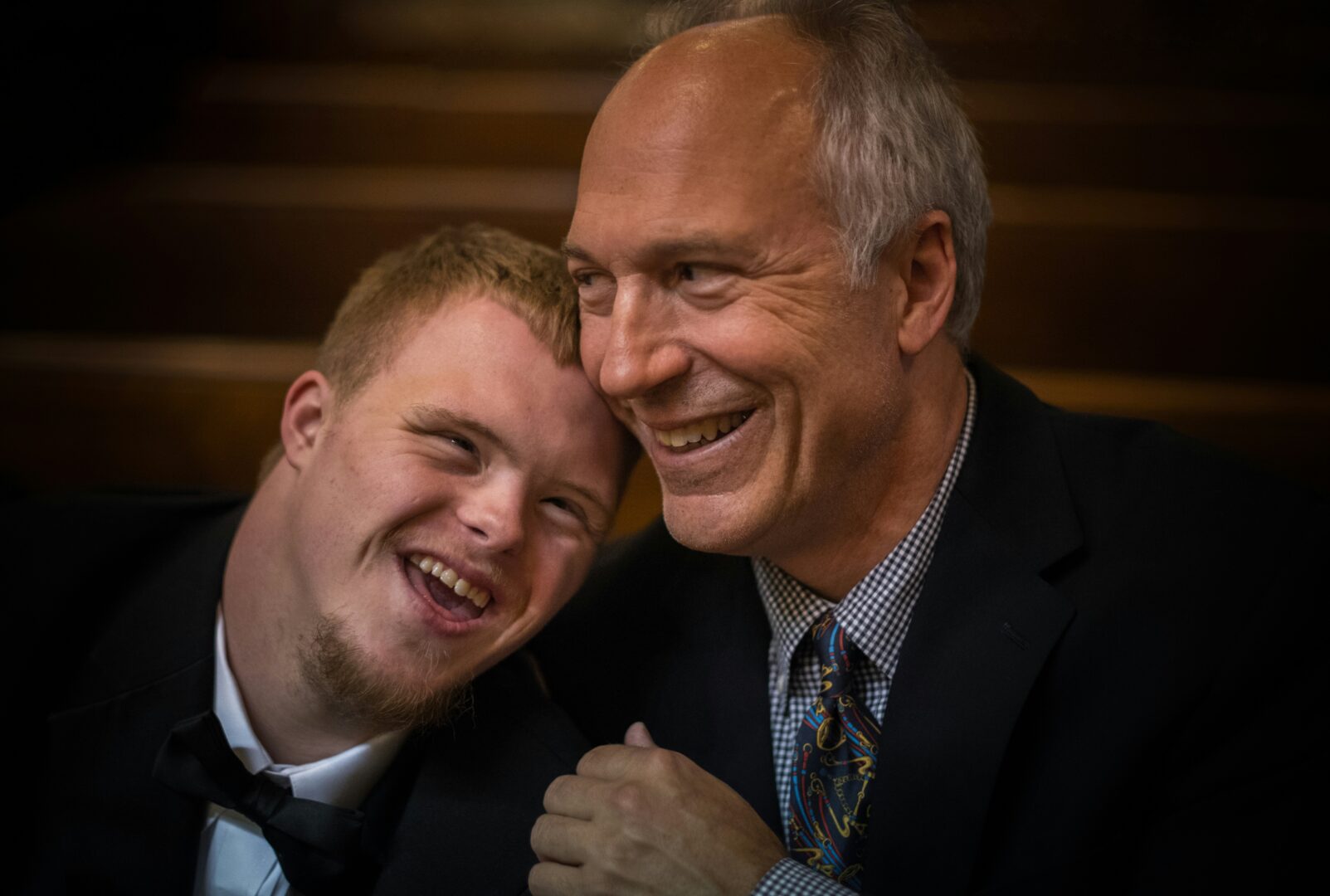TL;DR (Too Long; Didn’t Read Summary)
-
- Guardianship is a legal framework to protect people who can’t make decisions on their own
- Court visitors play a critical role in the guardianship process
- Court visitors evaluate the ward’s condition and recommend whether guardianship is necessary
- Seeking legal assistance is crucial for navigating the guardianship process effectively
- Johnson/Turner Legal can guide you through the challenging process of obtaining guardianship
In our communities, there are countless ways to lend a hand to those in need. From volunteering at local shelters to providing a meal to a sick friend, each act of kindness strengthens the fabric of our community. However, there are times when the assistance required goes beyond everyday help, especially when someone close to us can no longer care for themselves. In such cases, seeking guardianship can be a crucial step towards ensuring their safety and well-being. This blog post delves into the guardianship process, highlighting the pivotal role of court visitors and the importance of legal guidance.
Understanding Guardianship
Guardianship is a legal framework designed to protect individuals who are unable to make sound decisions about their personal care, health, and living arrangements. A guardian, appointed by the court, is tasked with making these critical decisions on behalf of the “ward” — the individual requiring protection. The decision to appoint a guardian is not taken lightly. It necessitates a comprehensive evaluation of the ward’s capacity to manage their own care, nutrition, and shelter. This process is complex and involves various procedural steps and participants, with the court visitor playing a crucial role.
The Essential Role of Court Visitors
A court visitor is a professional, often with a background in social work, law, or psychology, appointed by a judge to assist in the guardianship process. Their responsibilities include:
- Serving the Guardianship Petition: The court visitor personally delivers the guardianship petition to the proposed ward, marking the formal start of the guardianship process.
- Evaluating the Ward: Following the service of the petition, the court visitor meets with the ward to assess their condition through observations and questions.
- Reporting to the Court: The visitor compiles a report based on their assessment, recommending whether guardianship is necessary and suitable for the ward’s situation. This report is crucial for the judge’s decision-making process and is shared with all attorneys involved in the case.
Seeking Legal Expertise
Navigating the guardianship process can be challenging and emotionally taxing. It requires a deep understanding of legal procedures and a compassionate approach to the ward’s needs and circumstances. Having an experienced attorney by your side is invaluable. They can provide the guidance and support needed to navigate the guardianship process effectively, advocating for the best interests of both the guardian and the ward.
Let Us Assist You
If you find yourself in a situation where guardianship may be necessary, know that you are not alone. Our team at Johnson/Turner Legal is equipped with the expertise and empathy needed to guide you through this challenging process. Contact us at (320) 299-4249 to discuss how we can assist you in securing the well-being of your loved one.
















